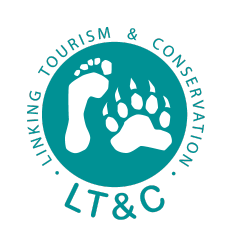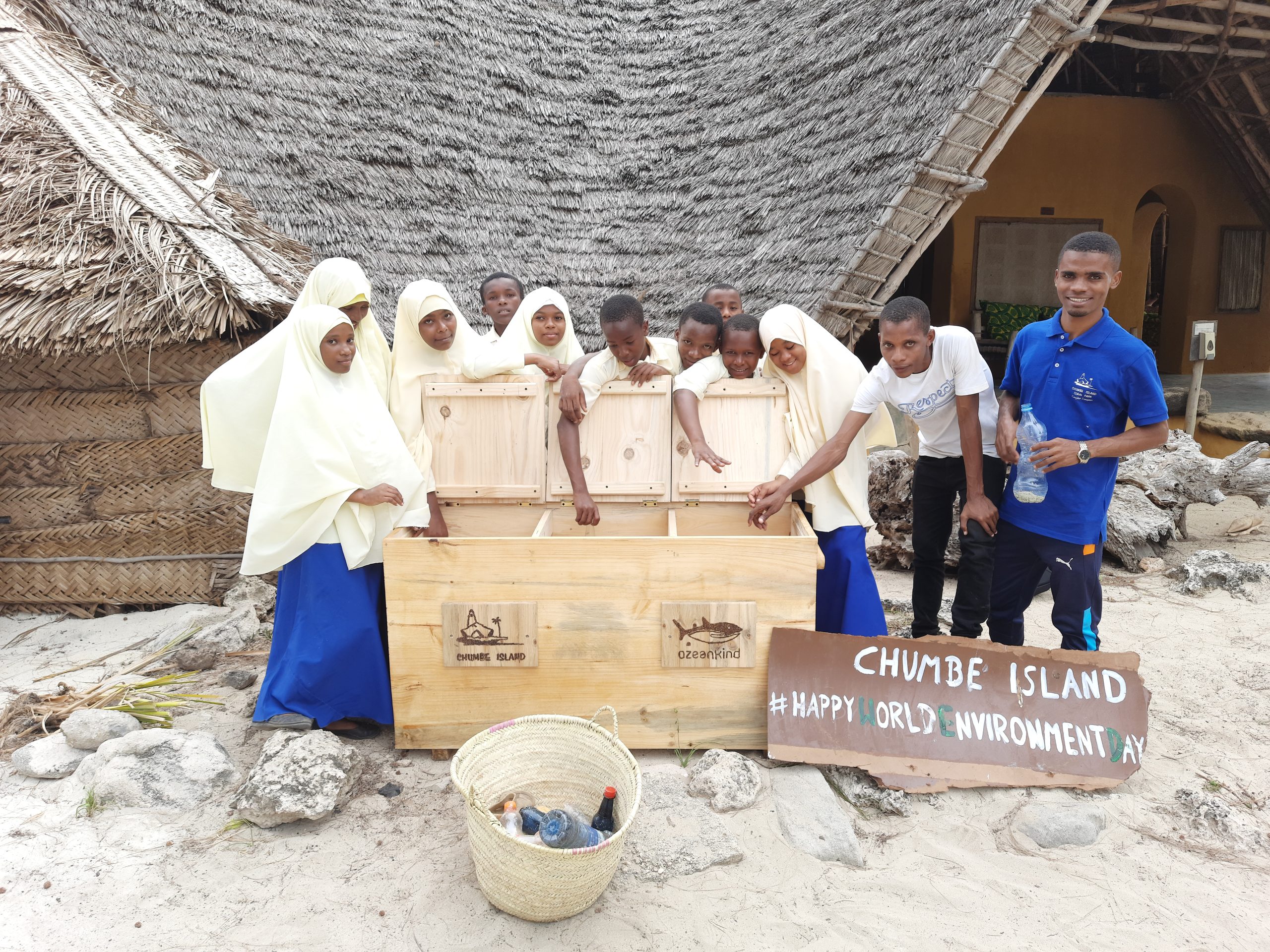The ocean covers 70% of the world’s surface. Currently, only 2.7% of it lies within a highly protected zone. How can we as LT&C showcase and lobby the need and potential for more well-managed marine protected areas?
We now have more than 50 LT&C examples in our network, each showcasing ways how well-managed ecotourism can by the means of political, educational, or financial support, directly contribute to effective marine and terrestrial conservation in protected areas. There are few other industries in the world that have this capacity, especially in the context of developing destinations.
Sharing some insights into our activities here at Chumbe Island can hopefully serve as an inspiration for other LT&C examples to share their recent efforts through our network and thereby amplifying our voice and lobbying for tourism’s role in reaching the 30×30 goal.
This year World Ocean Day calls for collective action. This can only work if we involve all layers of society. Something Chumbe Island Coral Park strongly believes in, by involving local (fishing) communities actively in all aspects of the project governance and activities, as well as local school children and international visitors in our education program and guided educational tours.
At Chumbe Island, we regularly organize cleanups on the island, the most recent one on World Environment Day. On average, we collect 35,28 kg per cleanup, the main categories being plastics and glass. This highlights the fragility of a place like Chumbe Island.
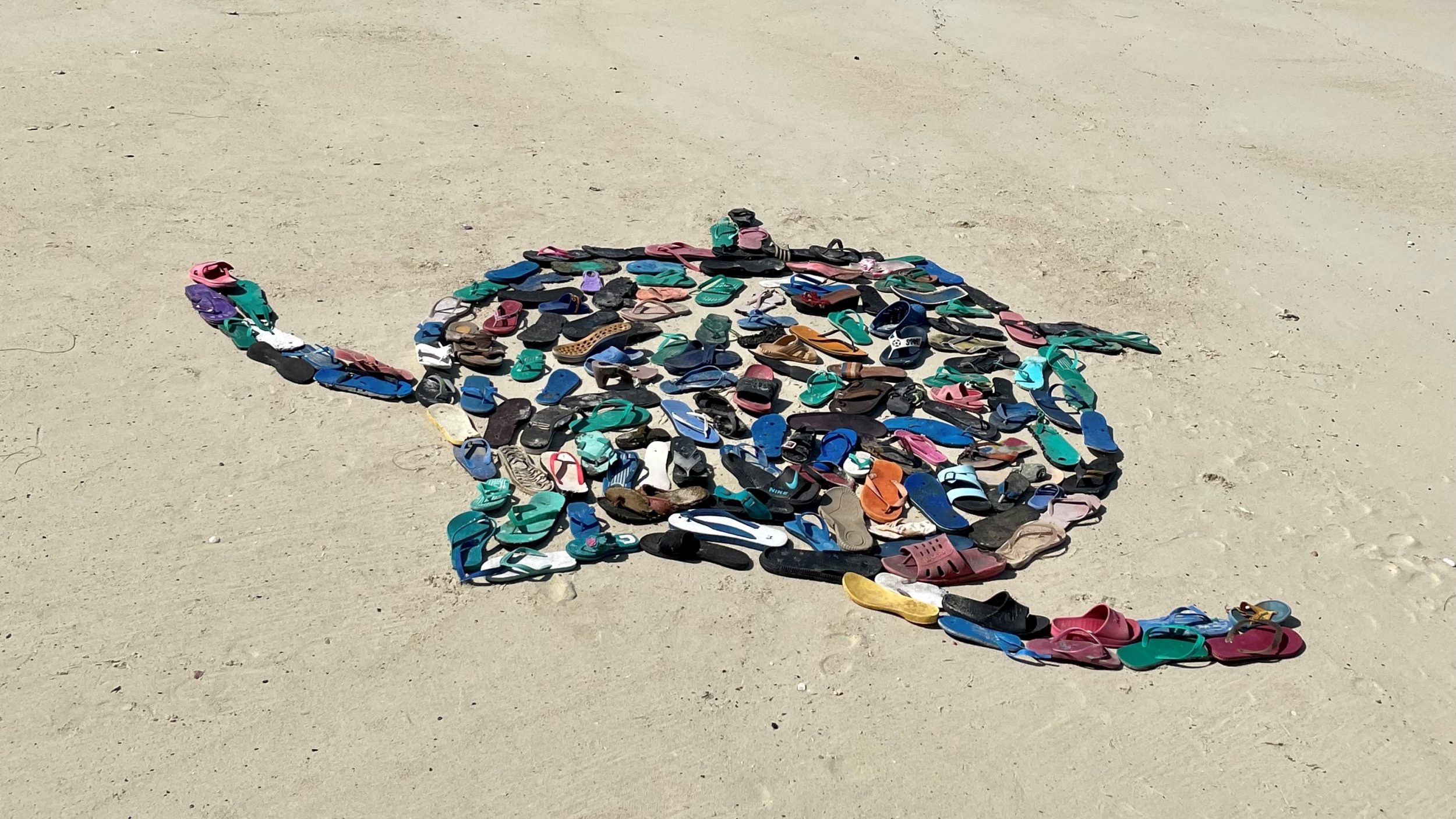
Although we have eliminated single used plastics from all tourism operations, the island is still victim to marine litter washed in through ocean currents from Zanzibar or the mainland.
For WED we launched a creative art competition for local schools asking them to draw how their community is protecting the ocean. The winners of the art competition are invited to Chumbe Island for an environmental education day trip, involving a guided snorkel tour, forest walk and visit to Chumbe’s eco bungalows.
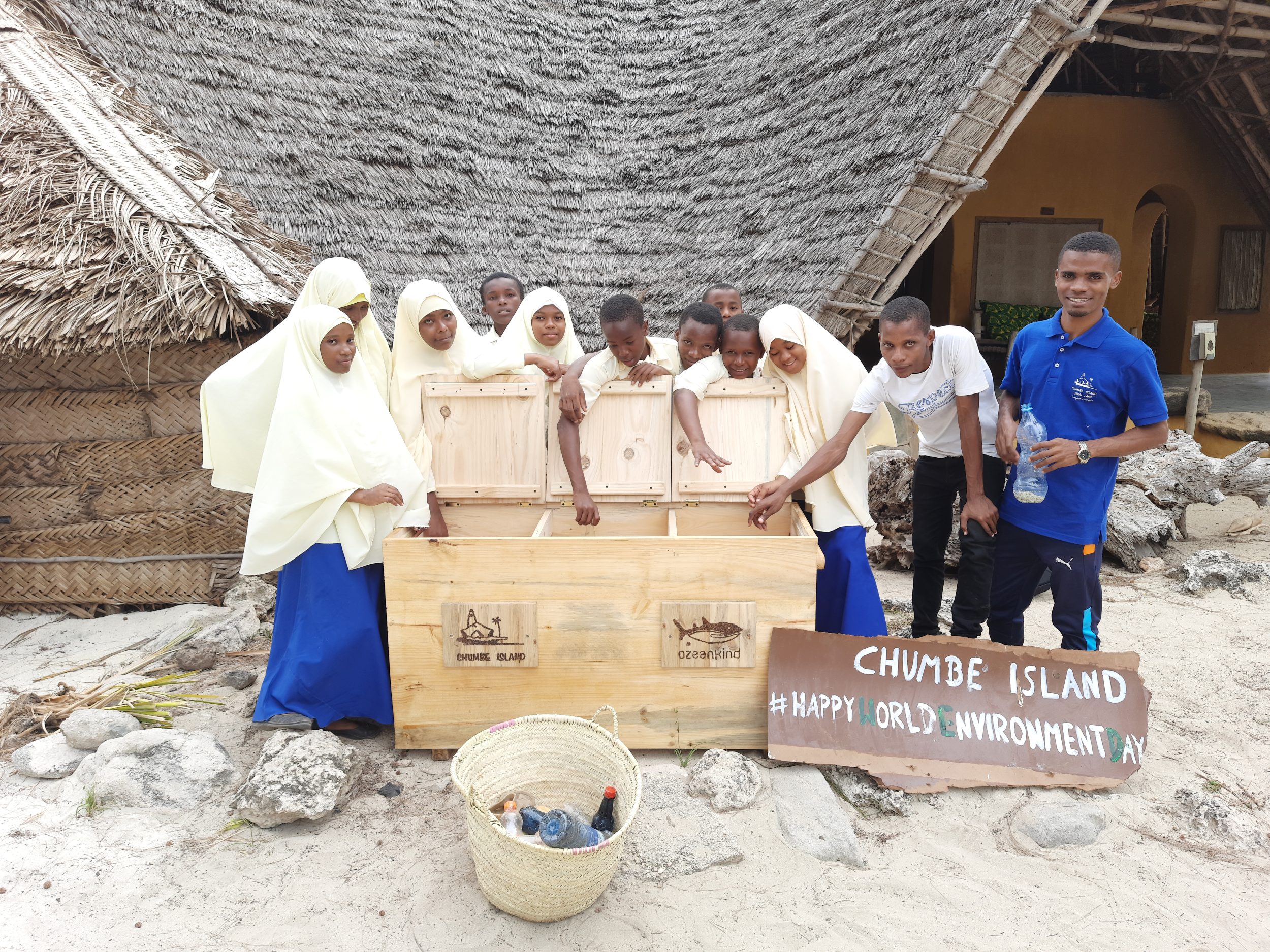
We are also excitedly developing several Citizen science projects on Chumbe Island to involve and educate guests in:
- Coconut crab research: in cooperation with coconut crab scientist Tim Caro, our head ranger Omari and with the support of our volunteers we are collecting data on the size of our coconut crab population and will convey important findings to guests during nightly crab walks in the forest.
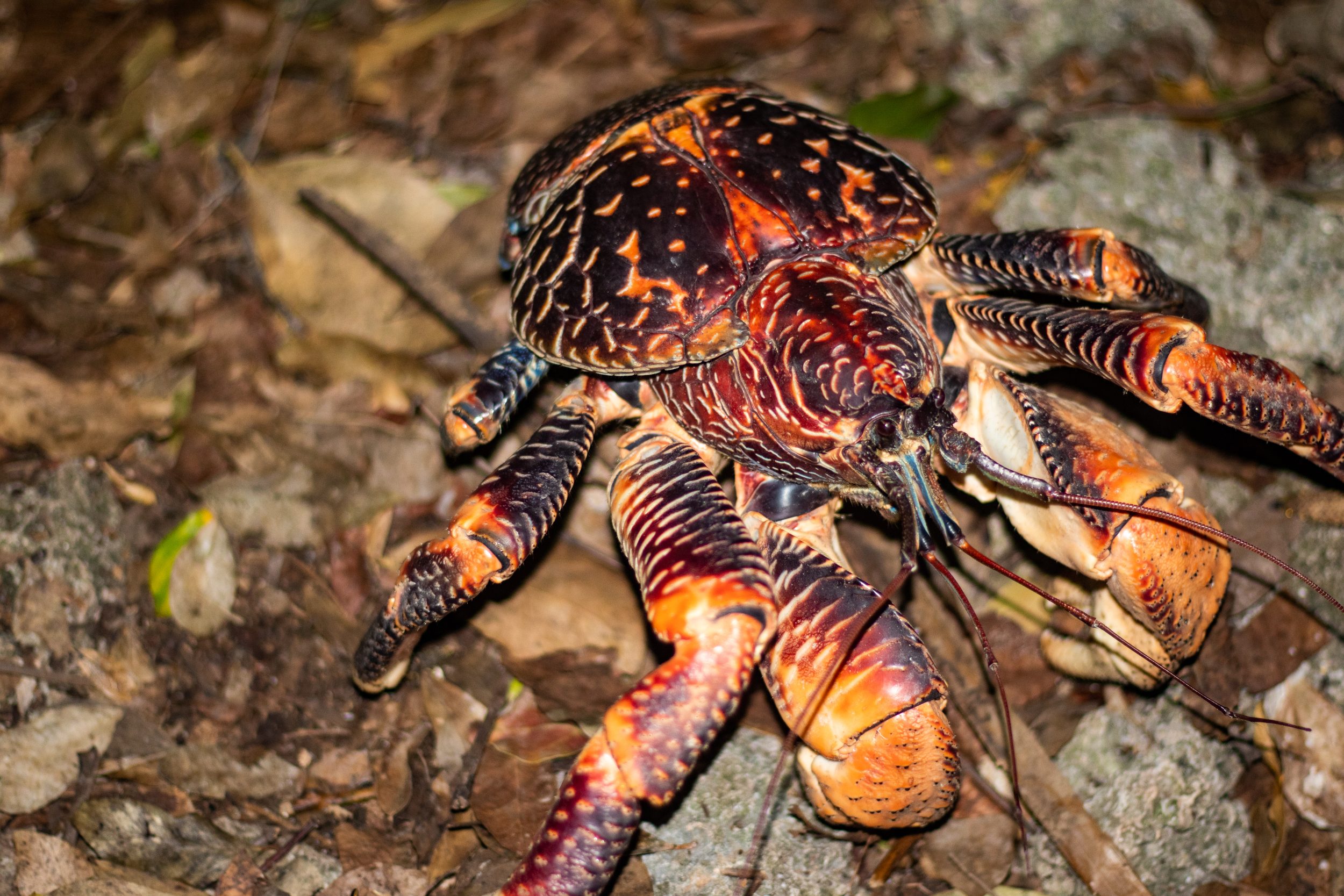
- Blacktip reef shark research: with the involvement of several marine biologists in our team and network and our committed rangers and volunteers, we are rolling out an observation project to gather data on our local reef shark species, the black tip reef shark and the nurse shark, which can be seen from a specific viewpoint almost every day, and build a system, where we can engage our guests on Chumbe Island, in collecting more information about reef shark population by recording their sightings in a systematic way.
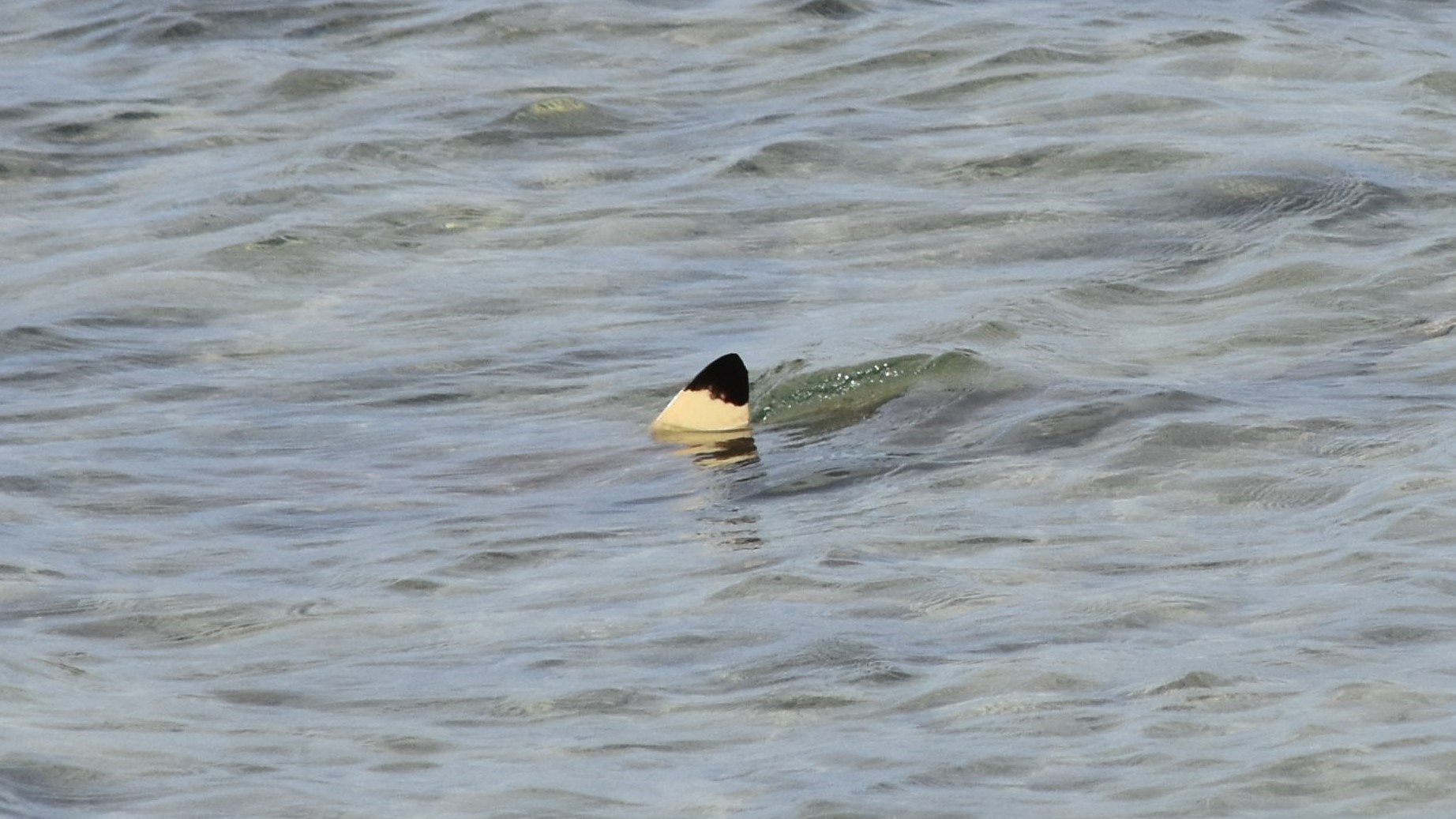
- Chumbe’s Big Five: Chumbe is also rolling out a new online survey for capturing observational data related to our resident and visiting marine megafauna (which are turtles, reef sharks, stingrays, large groupers and dolphins) that is designed so that also visitors can actively participate in our marine conservation efforts contributing with information on the date, time, species, location.
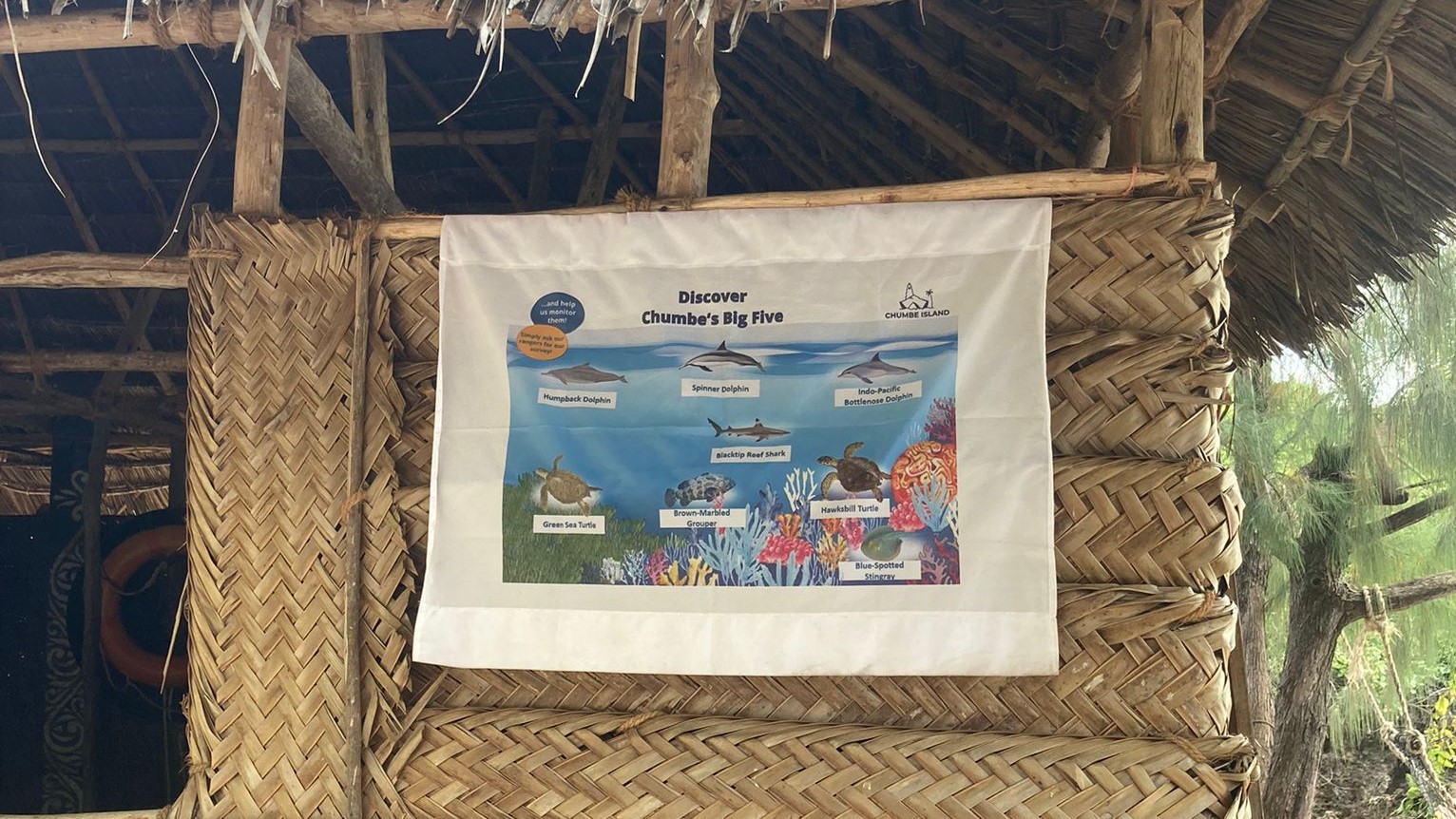
As part of World Ocean Day, we held a press conference, launching a new documentary showcasing our commitment and efforts to the Blue Economy in Zanzibar and inviting Environment Ambassadors from Tanzania to Chumbe Island.
Key in all this is that Chumbe effectively uses tourism as a vehicle to finance conservation and education on Chumbe island, placing education at the core of its activities.
On the occasion of World Ocean Day, I wish to take the opportunity and invite more LT&C example providers to share their marine and terrestrial stories and insights, but also to encourage more tourism and conservation professionals to join our network.
We need to expand the LT&C network and showcase the many environmental but also economic benefits related to holistically managed ecotourism and the diversity of activities that can together make the difference in strengthening the protection of our Blue Planet.
We would love to hear about your efforts to protect our oceans this year’s World Ocean Day! Write us an e-mail at info@ltandc.org or use the form below.
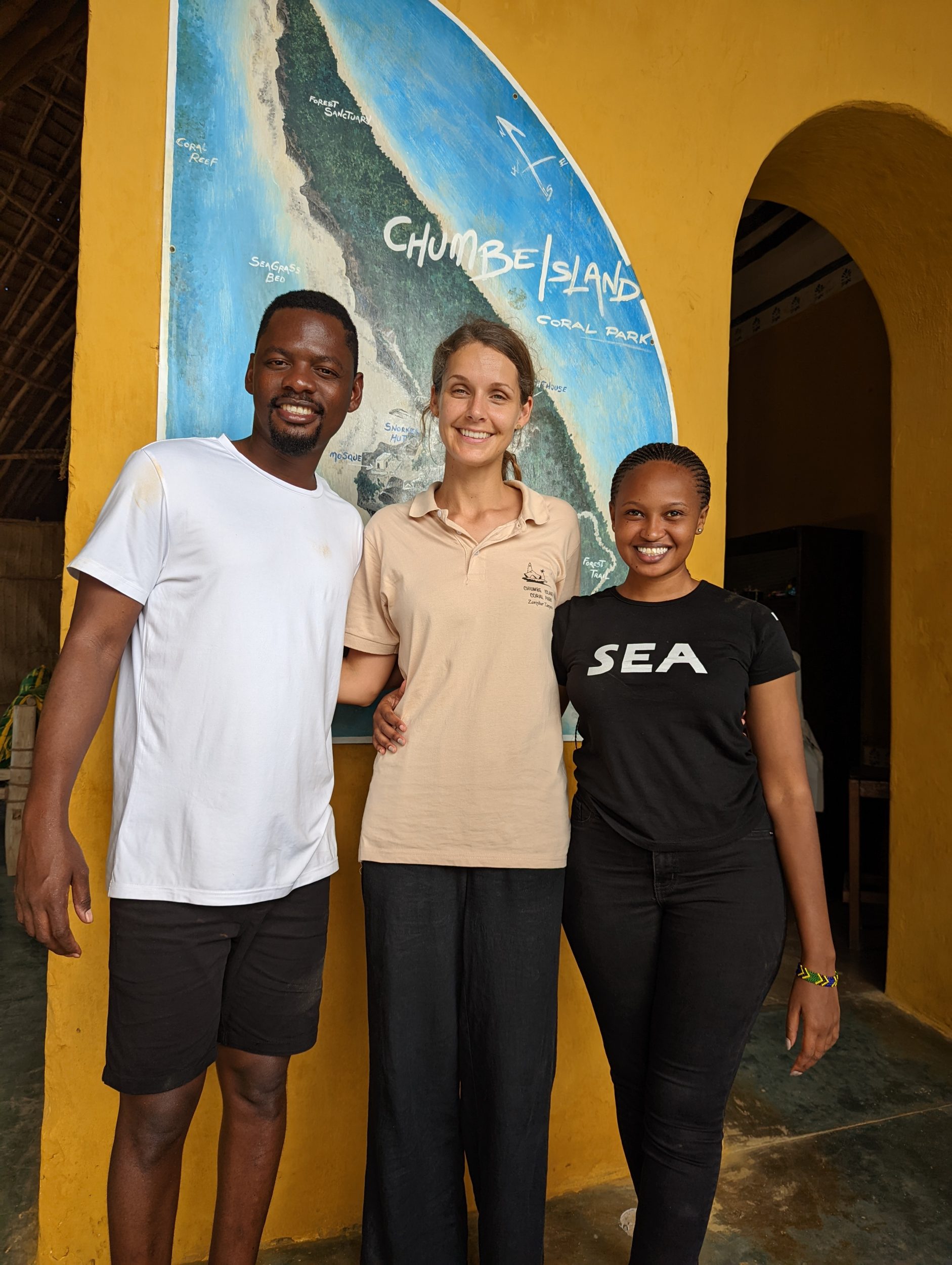
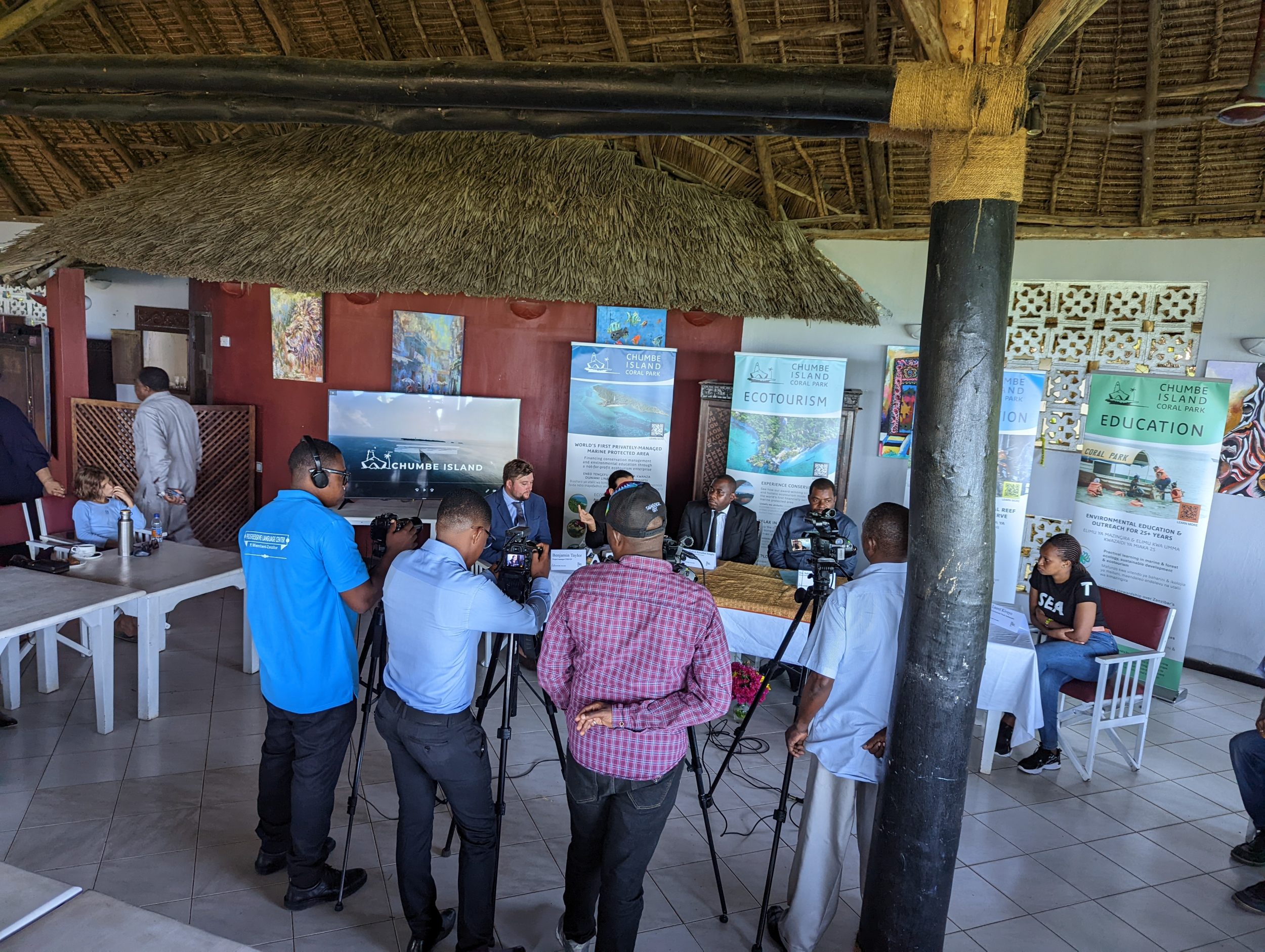
Contact us
"*" indicates required fields
